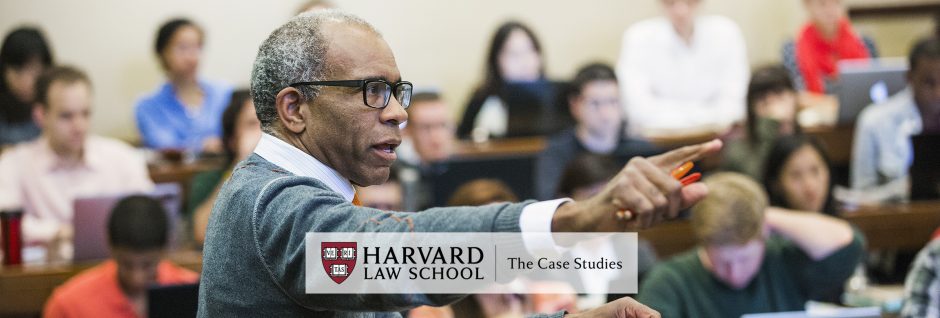Last week, we discussed the origins of case-based learning at Harvard Medical School, a curriculum that teaches medical students a new methodology: how to learn what they don’t know.
In 2001, HMS turned to case studies to address another gap in the medical curriculum: culturally competent care. Physicians must tailor their care to the way that patients understand authority, family dynamics, communication, gender and sexuality, spirituality, and the role of the physician—a task that requires not rote knowledge, but strategic thinking, sensitivity, and social awareness.
The Culturally Competent Care Education Committee  created case studies to bring these skills to instructors, residents, and students. These case studies narrate a patient’s medical history and ask students to apply their medical knowledge, but also have a latent cultural dimension. For instance, in “A Pain in the Knee,” students are asked to identify the cultural issues that exacerbated the pain of a cancer patient from the Bronx. The doctors in the case study failed to provide the patient sufficient palliative medicine because of his history of drug addiction, and overlooked the race-based problem of access in New York City: the patient could not fill his prescription, because many pharmacies in “predominantly non-white neighborhoods” understock pain medications.
created case studies to bring these skills to instructors, residents, and students. These case studies narrate a patient’s medical history and ask students to apply their medical knowledge, but also have a latent cultural dimension. For instance, in “A Pain in the Knee,” students are asked to identify the cultural issues that exacerbated the pain of a cancer patient from the Bronx. The doctors in the case study failed to provide the patient sufficient palliative medicine because of his history of drug addiction, and overlooked the race-based problem of access in New York City: the patient could not fill his prescription, because many pharmacies in “predominantly non-white neighborhoods” understock pain medications.
Doctors, like lawyers, need to be competent interviewers and negotiators. Ultimately, says the CCCEC, “a physician should engage in negotiation with the patient to try to achieve the best possible outcome.” The case studies give students a space to think about cultural issues before their clinical practicums, when the actual negotiations will take place. Medical students can imagine how they might negotiate their own standards of acceptable care while working around obstacles in access and communication.
The case studies illustrate the moral hazard of hard bargaining—these are scenarios where the alternatives to a negotiated agreement could be deadly. As such, the CCCEC acknowledges that sometimes successful negotiations achieve “acceptable,” rather than “optimal,” health standards. This lesson is one familiar to legal negotiators. If a patient fails to trust the doctor or see the process as fair, the healthcare system becomes illegitimate. It is better to adopt a realistic healthcare recommendation rather than compromise the doctor-patient relationship.
Click here to read more about how law schools can learn from the medical school model. If you are interested in case studies about culturally competent lawyering, see our teaching unit on “Mediating Value-Based Conflict.”
